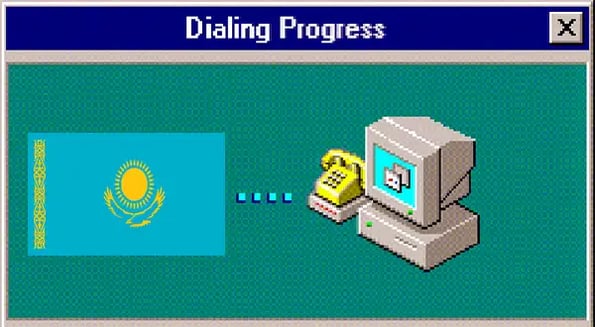Last week, the government of Kazakhstan began intercepting all internet traffic inside the country’s borders.

But Kazakhstan is just one of several countries that’s unplugging local internet from a global grid, which raises questions about the future of the open internet.
How — and why — is Kazakhstan’s government doing this?
Kazakhstan’s law requires internet service providers to make users install government-issued certificates on their internet-connected devices, which enables the government to intercept any user’s secure HTTPS browsing.
The government told ZDNet the law is “aimed at enhancing the protection of citizens, government bodies and private companies from hacker attacks, Internet fraudsters and other types of cyber threats.”
Critics argue the law’s simply about state surveillance
Kazakhstan, which is known for a laundry list of human rights violations, tried to implement privacy-invasive HTTPS interception in 2015 but got shot down by lawsuits from internet providers and foreign governments.
But the second strong arm was the charm, and now Kazakhstan’s government can monitor pretty much anything its citizens see online.
And other countries also want to own their internets
Russia, Kazakhstan’s neighbor to the north, is also working on putting up a Silicon Curtain by building its own internet, “Runet.”
But internet instigation isn’t limited to the former Soviet bloc: 22 state governments across Africa have purposely disrupted internet access for political purposes in just the last 5 years, and China has used a firewall to block certain sites for years.
In the meantime, big browser builders like Google, Microsoft, and Mozilla are debating how to deal with Kazakhstan’s crackdown.

